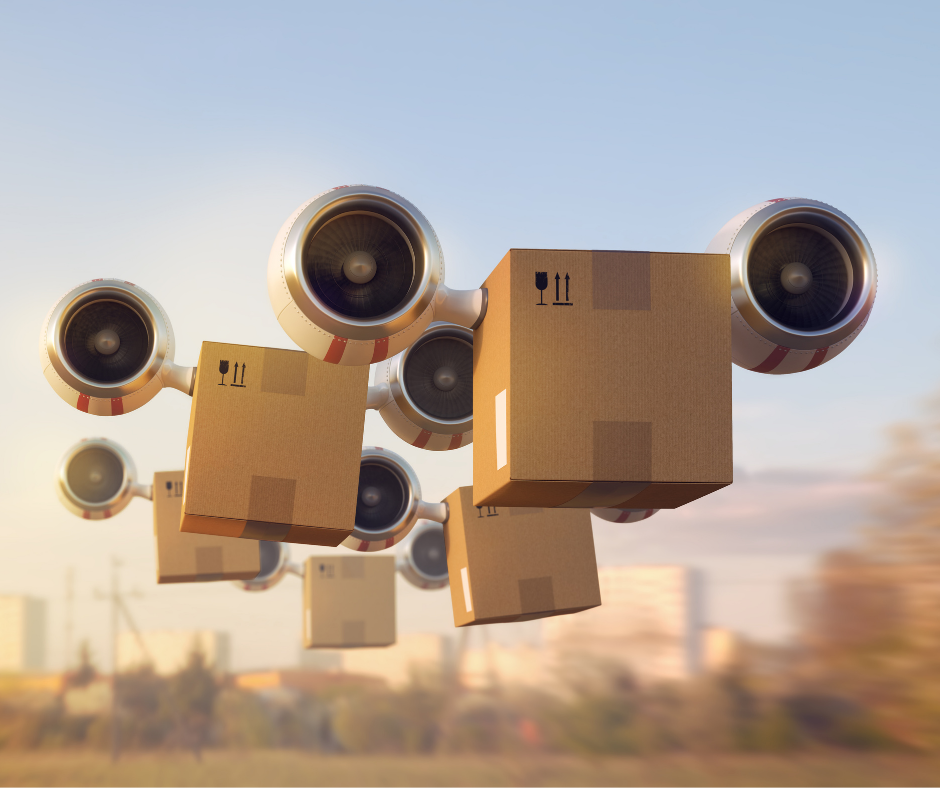
Lead Time Challenges in the Optical Coating Industry
Lead times for custom optical filters have been a challenge long before the COVID-19 pandemic complicated business operations. Although many optical catalogs offer standard parts, lead times can go from a few days, weeks, or possibly months if your specifications deviate even slightly from a standard offering. This delay can occur when the mechanical configuration of your optic is complex or when your spectral specifications include the Ultraviolet (UV) and/or Infrared (IR) regions.
There are many factors that play a role in determining lead time for your custom optical requirements.
Physical Configuration; Most standard optical filters are found in 12.5, 25, and 50 millimeter diameters and can be unmounted or setup in anodized aluminum rings. If your sizes differ, suppliers will have to adjust processes and order non-standard size substrates or core drills. Additionally, new tooling or jigs may be required for subsequent manufacturing processes. All of this contributes to longer delivery times.
Polishing Specifications; Many optical filters are an assembly of multiple substrates and multiple coatings. Often times, several polishing runs are required during the fabrication process. Image quality filters need a final polishing at the end of production to ensure the proper flatness. Choosing an optical filter manufacturer who has in-house polishing capabilities can shorten delivery times significantly.
Substrate Material; As you move from ultraviolet, through visible, to the far infrared on the spectrum, certain types of substrate materials are more suitable to the fabrication of optical filters in specific ranges. Many UV filters start as a piece of fused silica. As you move into the visible wavelengths, many filters are created with a basic soda lime glass but can be optimized using colored Schott glass. IR filters often incorporate more exotic substrate materials like germanium, zinc sulfide and zinc selenide. Most substrate manufacturers tend to specialize in a small range of materials forcing optical filter manufacturers to rely on many suppliers in order to produce products across the spectrum. Having strong relationships with a large array of knowledgeable suppliers is critical for efficient filter production.
In-Process Testing & Final Quality Control; Substrate material may have to be tested for striae, bubbles and inclusions before the fabrication processesbegins. Many customers require specialized quality control and performance certifications which go beyond a standard transmission versus wavelength graph. In order to measure deep blocking, transmitted wavefront, polarization, power and irregularity, specialized testing instruments are required. Once the assembly of an optical filter is complete, environmental testing may be needed to make sure the product will stand up to humidity and/or extreme heat or cold. Space applications require filters to stand up to radiation and vibration, which can require cycle testing to ensure the long-term performance of filters. Again, in-house capability is critical to shorter lead times and reduced rework.
Custom mounting; In order to be incorporated into optical systems, many filters need to be installed into some type of mounting bracket. If your filter supplier can fabricate the bracket and mount the filter, lead time and consistent quality are likely to improve.
How Andover Corporation shortens lead times:
Andover has many coating capabilities including resistance source, electron beam with ion assist, sputtering and hybrid processes. This allows us to design the optimal solution for all of your applications in the shortest amount of time.
By stocking a wide variety of substrates, Andover can immediately pull the necessary material and begin production as soon as you place your order. Andover has many approved suppliers, allowing us to keep our inventory at the optimal levels and start your order without delay.
With in-house fabrication capabilities such as diamond coring and cutting, double-sided lapping and polishing, dicing, diamond milling and laser engraving, your product will flow quickly throughout the facility, thus avoiding the need for your filter to be sent out to other vendors for secondary operations.
Andover’s in-house machine shop allows for rapid fabrication of custom production tooling. In addition, our engineering staff can work with you to design and fabricate mounts and assemblies, saving you the time of searching for additional suppliers.
Our quality department has a wide range of testing equipment. This allows us to check advanced spectral characteristics. Our environmental testing chamber can cycle temperature and humidity guaranteeing your filter will perform perfectly in harsh environments.
Contact our sales team to experience the Andover Advantage.
